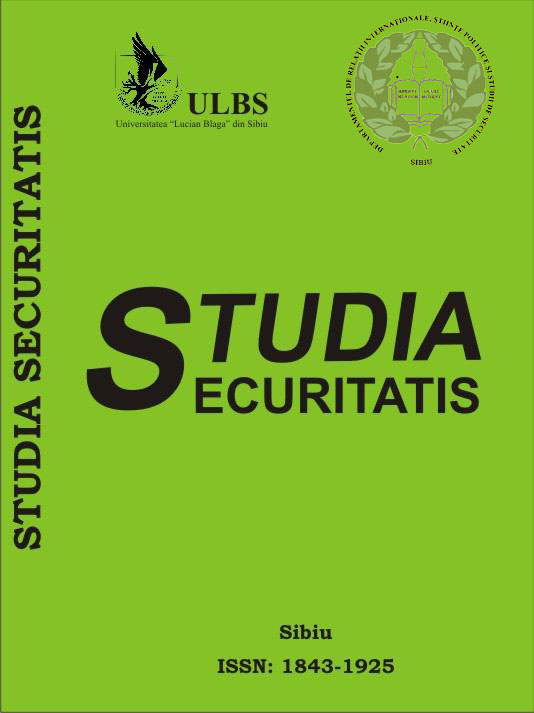RELIGIOUS GOVERNANCE IN MOROCCO: DEMOGRAPHIC, SOCIO-ECONOMIC AND POLITICAL CONTEXT
RELIGIOUS GOVERNANCE IN MOROCCO: DEMOGRAPHIC, SOCIO-ECONOMIC AND POLITICAL CONTEXT
Author(s): Mehdi Lahlou, Mounir ZouitenSubject(s): Governance, Government/Political systems, International relations/trade, Developing nations, Contemporary Islamic Thought
Published by: Editura Universitatii LUCIAN BLAGA din Sibiu
Keywords: Morocco; Religion; Demographic; Radicalization; Islam;
Summary/Abstract: In Morocco the administration/management of the religious sphere falls entirely within the authority of the king, who is also the head of the Executive power, the President of the Judicial authority and the Commander-in-chief of the armed forces. According to the article 41st of the Constitution, the King, Prince (Commander) of the Faithful (Amir Al Mouminine), sees to the respect for Islam. He is the Guarantor of the free exercise of beliefs. He presides over the Superior Council of the Ulema (Conseil superieur des Oulema), charged with the study of questions that he submits to it. This Council is the sole instance enabled to comment and to edict religious consultations (Fatwas) before being officially agreed to, on the questions to which it has been referred and this, on the basis of the tolerant principles, precepts and designs of Islam.
Journal: Studia Securitatis
- Issue Year: XIV/2020
- Issue No: 1
- Page Range: 98-112
- Page Count: 15
- Language: English
- Content File-PDF

